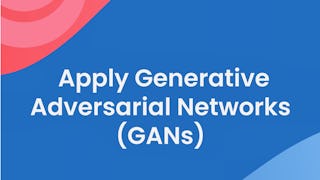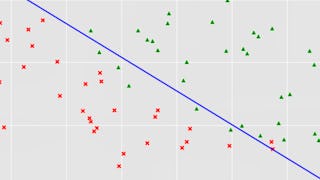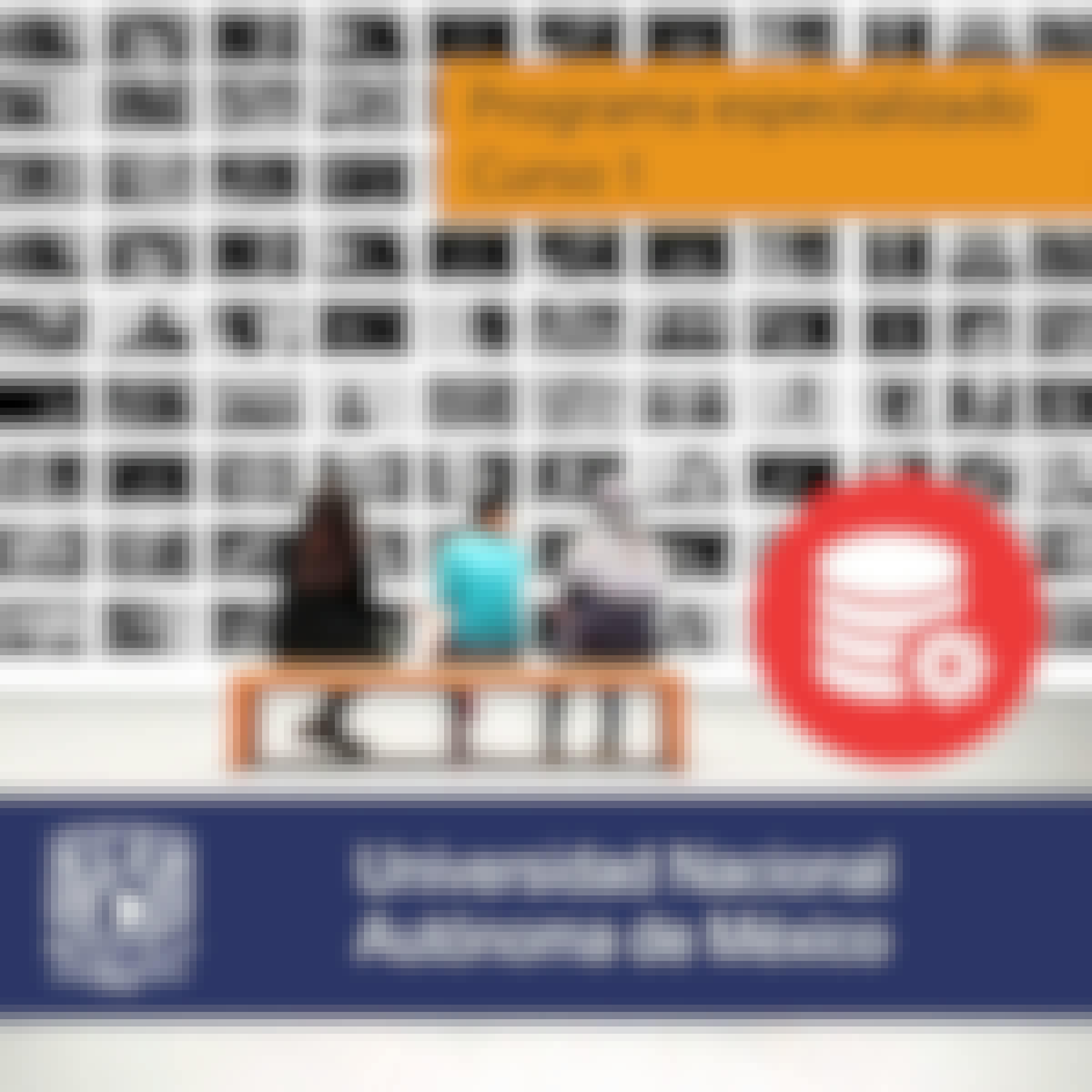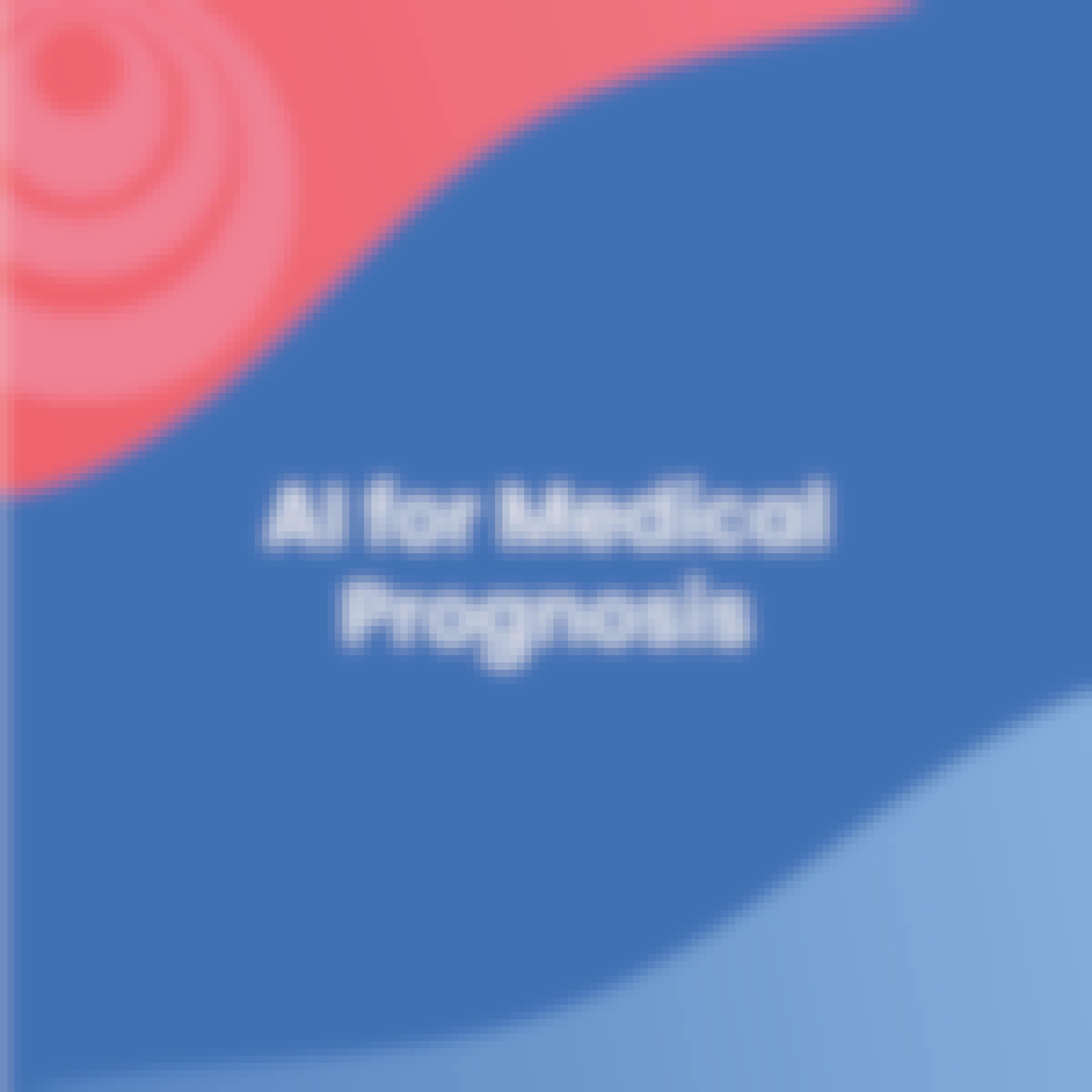- Browse
- Data Mining
Data Mining Courses
Data mining courses can help you learn data preprocessing, pattern recognition, and predictive modeling techniques. You can build skills in clustering, classification, and anomaly detection, that support extracting meaningful insights from large datasets. Many courses introduce tools like Python, R, and SQL, along with software such as RapidMiner and Weka, to help you apply these skills in real-world data analysis projects.
Popular Data Mining Courses and Certifications
 Status: Free TrialFree TrialA
Status: Free TrialFree TrialAArizona State University
Skills you'll gain: Experimentation, Sample Size Determination, Research Design, Regression Analysis, Statistical Analysis, Statistical Methods, Data Analysis Software, Statistical Modeling, Statistical Hypothesis Testing, Design Strategies, Sampling (Statistics), Probability & Statistics, Mathematical Modeling, Analysis, Model Evaluation, Data Transformation, Descriptive Statistics, Probability Distribution, Variance Analysis, Data Analysis
4.7·Rating, 4.7 out of 5 stars377 reviewsBeginner · Specialization · 3 - 6 Months
 Status: Free TrialFree TrialD
Status: Free TrialFree TrialDDeepLearning.AI
Skills you'll gain: Generative Adversarial Networks (GANs), Generative AI, PyTorch (Machine Learning Library), Image Analysis, Convolutional Neural Networks, Responsible AI, Data Ethics, Unsupervised Learning, Information Privacy, Data Synthesis
4.8·Rating, 4.8 out of 5 stars547 reviewsIntermediate · Course · 1 - 4 Weeks
 Status: PreviewPreviewF
Status: PreviewPreviewFFractal Analytics
Skills you'll gain: Generative AI, ChatGPT, Responsible AI, Social Impact, Artificial Intelligence, AI Personalization, Organizational Effectiveness, Prompt Engineering, LLM Application, Operational Efficiency, Human Centered Design, Ethical Standards And Conduct, Natural Language Processing, Strategic Thinking, Problem Solving, Critical Thinking
4.4·Rating, 4.4 out of 5 stars454 reviewsBeginner · Course · 1 - 4 Weeks

Skills you'll gain: Matplotlib, Data Visualization, Seaborn, Logistic Regression, NumPy, Data Analysis, Jupyter, Data Science, Machine Learning, Machine Learning Algorithms, Python Programming, Supervised Learning, Classification Algorithms, Algorithms
4.5·Rating, 4.5 out of 5 stars396 reviewsBeginner · Guided Project · Less Than 2 Hours
 Status: Free TrialFree TrialW
Status: Free TrialFree TrialWWesleyan University
Skills you'll gain: Regression Analysis, Logistic Regression, Statistical Analysis, Statistical Modeling, Data Analysis, Correlation Analysis, Exploratory Data Analysis, SAS (Software), Statistical Programming, Predictive Modeling, Model Evaluation, Python Programming
4.4·Rating, 4.4 out of 5 stars274 reviewsMixed · Course · 1 - 4 Weeks
 Status: Free TrialFree TrialG
Status: Free TrialFree TrialGGoogle Cloud
Skills you'll gain: MLOps (Machine Learning Operations), Model Deployment, Google Cloud Platform, Model Evaluation, DevOps, Cloud Deployment, Continuous Deployment, Machine Learning, Continuous Integration, Automation, Data Pipelines
4·Rating, 4 out of 5 stars479 reviewsIntermediate · Course · 1 - 4 Weeks
 L
LLearnQuest
Skills you'll gain: Artificial Intelligence and Machine Learning (AI/ML), Model Deployment, Microsoft Azure, Python Programming, Machine Learning, Machine Learning Algorithms, Data Science, Image Analysis, Computer Vision, Natural Language Processing, Application Programming Interface (API)
4.4·Rating, 4.4 out of 5 stars978 reviewsAdvanced · Course · 1 - 3 Months
 Status: Free TrialFree Trial
Status: Free TrialFree TrialSkills you'll gain: Crisis Management, Data Ethics, Governance, Business Ethics, Strategic Leadership, Responsible AI, Media Relations, Strategic Thinking, Communication Strategies, Business Leadership, Accountability, Ethical Standards And Conduct, Emerging Technologies, Organizational Leadership, Public Relations, Risk Management, Communication, Leadership, Learning Strategies, Test Planning
4.7·Rating, 4.7 out of 5 stars601 reviewsBeginner · Professional Certificate · 3 - 6 Months
 Status: Free TrialFree TrialU
Status: Free TrialFree TrialUUniversidad Nacional Autónoma de México
Skills you'll gain: Relational Databases, Database Management, SQL, Databases, Database Design, Database Management Systems, Database Architecture and Administration, Information Systems, MySQL, Query Languages, Data Modeling, Transaction Processing, Information Systems Security, Performance Tuning, Conceptual Design
4.4·Rating, 4.4 out of 5 stars455 reviewsIntermediate · Course · 1 - 3 Months
 Status: Free TrialFree TrialA
Status: Free TrialFree TrialAArizona State University
Skills you'll gain: Experimentation, Sample Size Determination, Research Design, Statistical Analysis, Statistical Methods, Data Analysis Software, Statistical Hypothesis Testing, Design Strategies, Probability & Statistics, Statistical Modeling, Descriptive Statistics, Quality Control, Variance Analysis
4.7·Rating, 4.7 out of 5 stars309 reviewsIntermediate · Course · 1 - 3 Months
 Status: PreviewPreviewM
Status: PreviewPreviewMMcMaster University
Skills you'll gain: Experimentation, Data Visualization, Predictive Modeling, Pareto Chart, Process Improvement and Optimization, Simulation and Simulation Software, Process Optimization, Statistical Software, R Programming, Data Analysis, Statistical Analysis, R (Software), Case Studies
4.9·Rating, 4.9 out of 5 stars925 reviewsIntermediate · Course · 1 - 3 Months
 Status: Free TrialFree TrialD
Status: Free TrialFree TrialDDeepLearning.AI
Skills you'll gain: Risk Modeling, Decision Tree Learning, Predictive Modeling, Feature Engineering, Statistical Machine Learning, Applied Machine Learning, Random Forest Algorithm, Model Evaluation, Data Preprocessing, Logistic Regression, Machine Learning, Statistical Analysis, Probability & Statistics, Deep Learning
4.7·Rating, 4.7 out of 5 stars798 reviewsIntermediate · Course · 1 - 4 Weeks
In summary, here are 10 of our most popular data mining courses
- Design of Experiments: Arizona State University
- Apply Generative Adversarial Networks (GANs): DeepLearning.AI
- GenAI for Everyone: Fractal Analytics
- Logistic Regression with NumPy and Python: Coursera
- Regression Modeling in Practice: Wesleyan University
- Machine Learning Operations (MLOps): Getting Started: Google Cloud
- Developing AI Applications on Azure: LearnQuest
- CertNexus Certified Ethical Emerging Technologist: CertNexus
- Relational database systems: Universidad Nacional Autónoma de México
- Experimental Design Basics: Arizona State University










